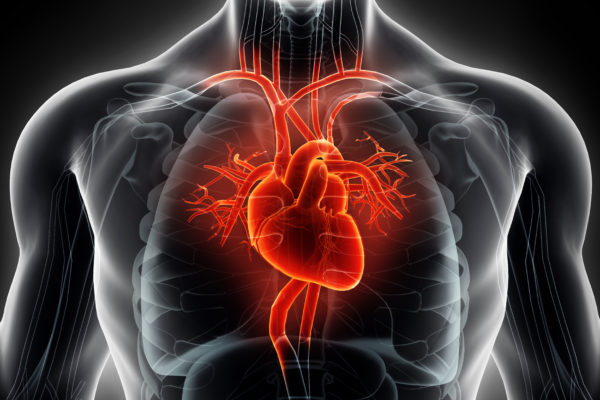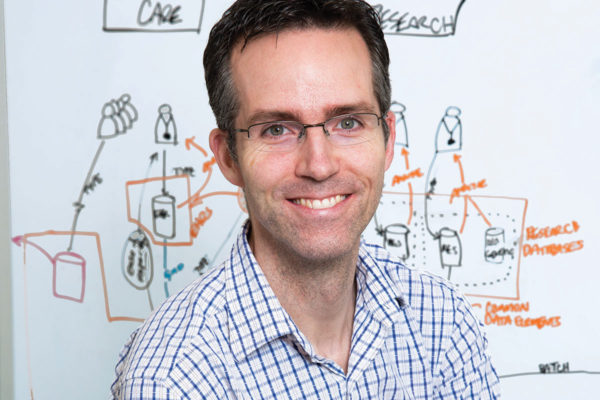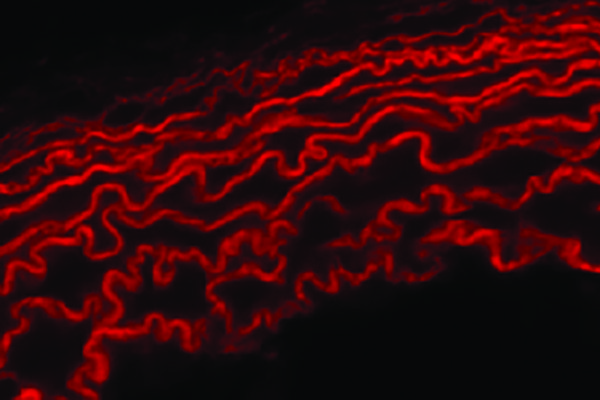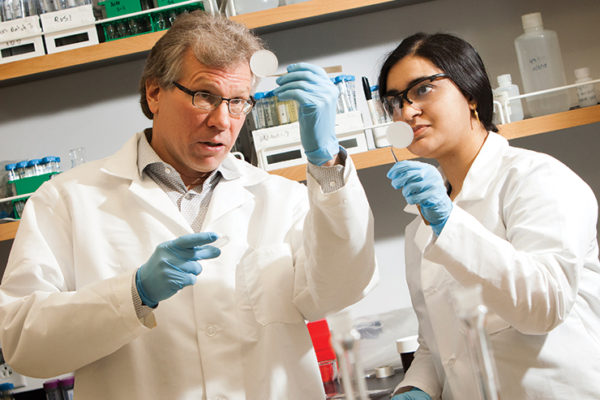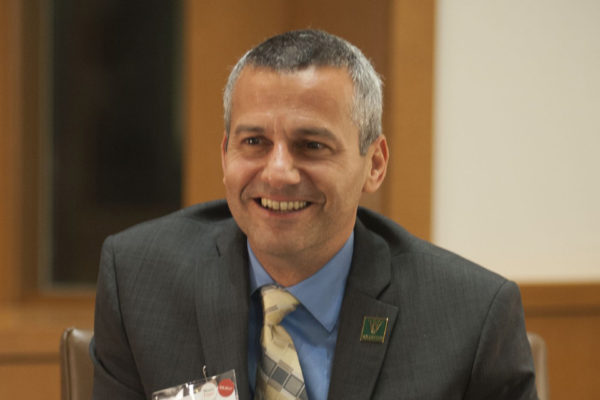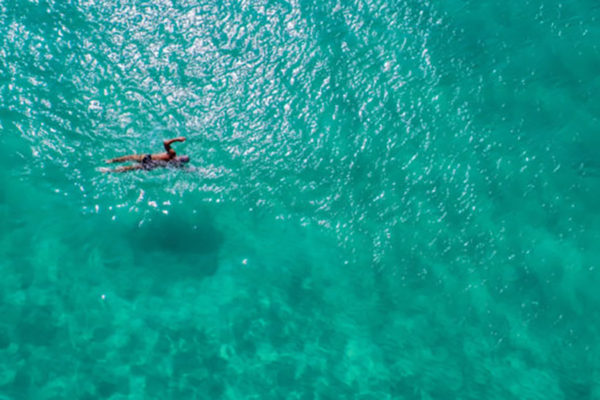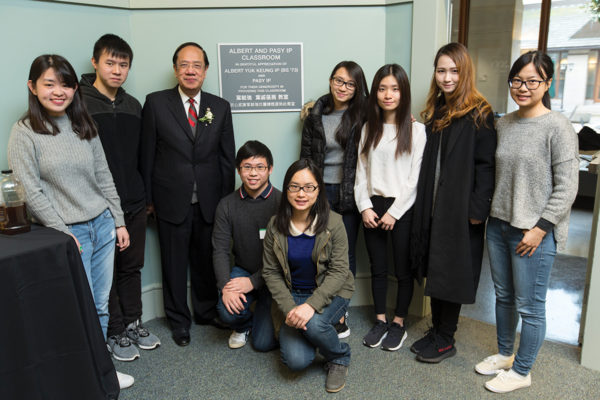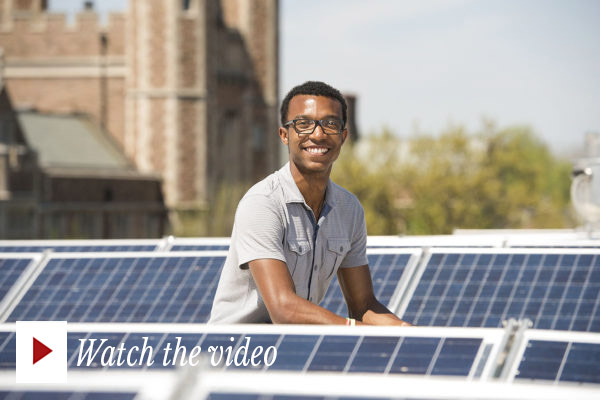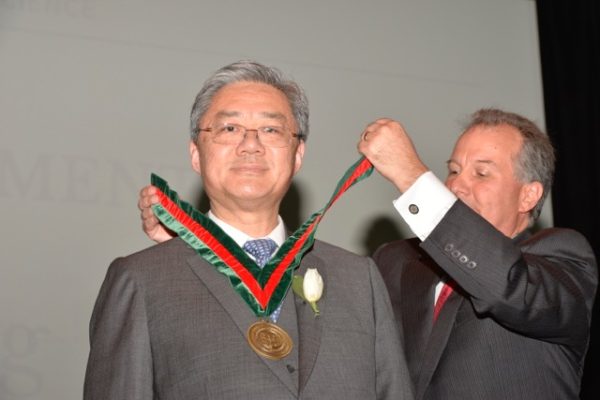A sodium surprise
Irregular heartbeat — or arrhythmia — can have sudden and often fatal consequences. A biomedical engineering team at Washington University in St. Louis examining molecular behavior in cardiac tissue recently made a surprising discovery that could someday impact treatment of the life-threatening condition.
Unexpected innovation
Mike Keymer, BS ’98, founded Topspin Labs, which works at the cutting edge of data and technology. Keymer, through Topspin, partners with organizations to find other applications for their technology and create a startup around that new use.
Engineers examine chemo-mechanics of heart defect
Elastin and collagen serve as the body’s building blocks. Any genetic mutation short-circuiting their function can have a devastating, and often lethal, health impact. For the first time, new research led by engineers at Washington University in St. Louis takes a closer look at both genetic and mechanical attributes, to better understand a disorder that affects how elastin and collagen function.
Washington People: Jay Turner
Chemical engineer Jay Turner, of the School of Engineering & Applied Science, has spent his career studying air quality, working to identify risks and solutions to improve the air from St. Louis to Hong Kong. He also recently became engineering’s vice dean for education.
Gratitude in action
While an undergrad in the engineering school, Robert Mullenger, BS ’89, soaked up advice from mentors. Now a grateful alumnus, he supports scholarships and offers today’s students advice and connections.
Detecting diluteness
Engineers at Washington University in St. Louis and Princeton University developed a new way to dive into the cell’s tiniest and most important components. What they found inside membraneless organelles surprised them, and could lead to better understanding of fatal diseases such as cancer, Huntington’s and ALS.
Setton named chair of biomedical engineering
Lori Setton, a renowned researcher into the role of the degeneration and repair of musculoskeletal tissues, has been named chair of the Department of Biomedical Engineering in the School of Engineering & Applied Science at Washington University in St. Louis, effective Aug. 1.
Giving back for a better future
Albert Ip, BS’ 73, has volunteered with the university for more than 15 years. What keeps him coming back? He’s dedicated to higher education and the impact it can have on one person’s future and the world at large.
Three questions with Deko Ricketts on studying solar energy
Deko Ricketts, BS ’17, is a rising star in the solar world. Prior to graduating, he was already a project engineer at Azimuth Energy, leading a solar-energy project in Kingston, Jamaica.
Preparation for life’s challenges
What does it take to start a paper chemical processing company in China in the early 1980s? As Peter Young, BSChE ’80, found out, a lot of perseverance, hard work, and a bit of luck.
View More Stories
